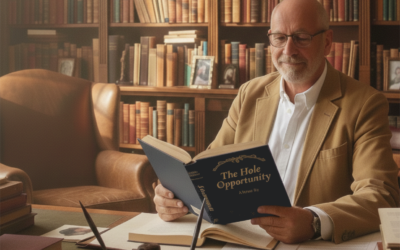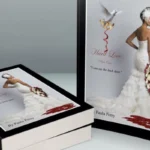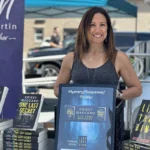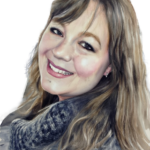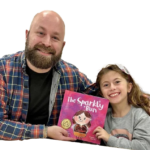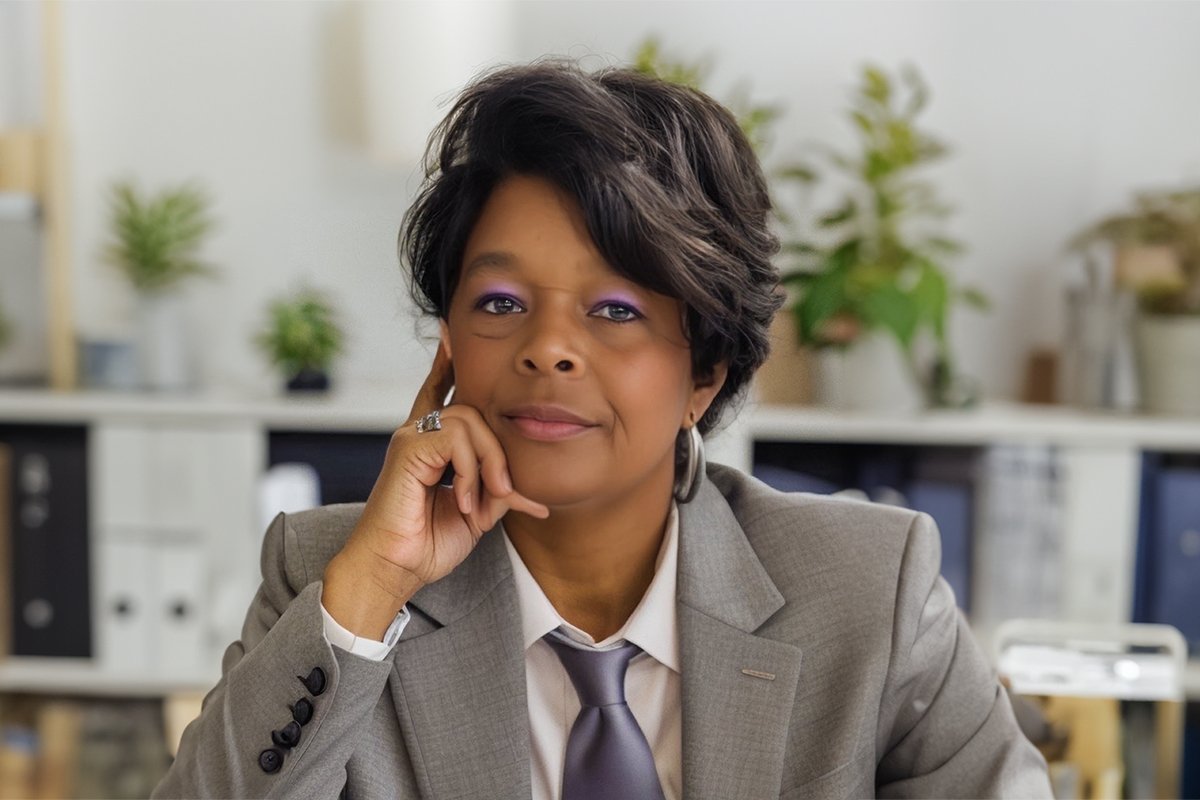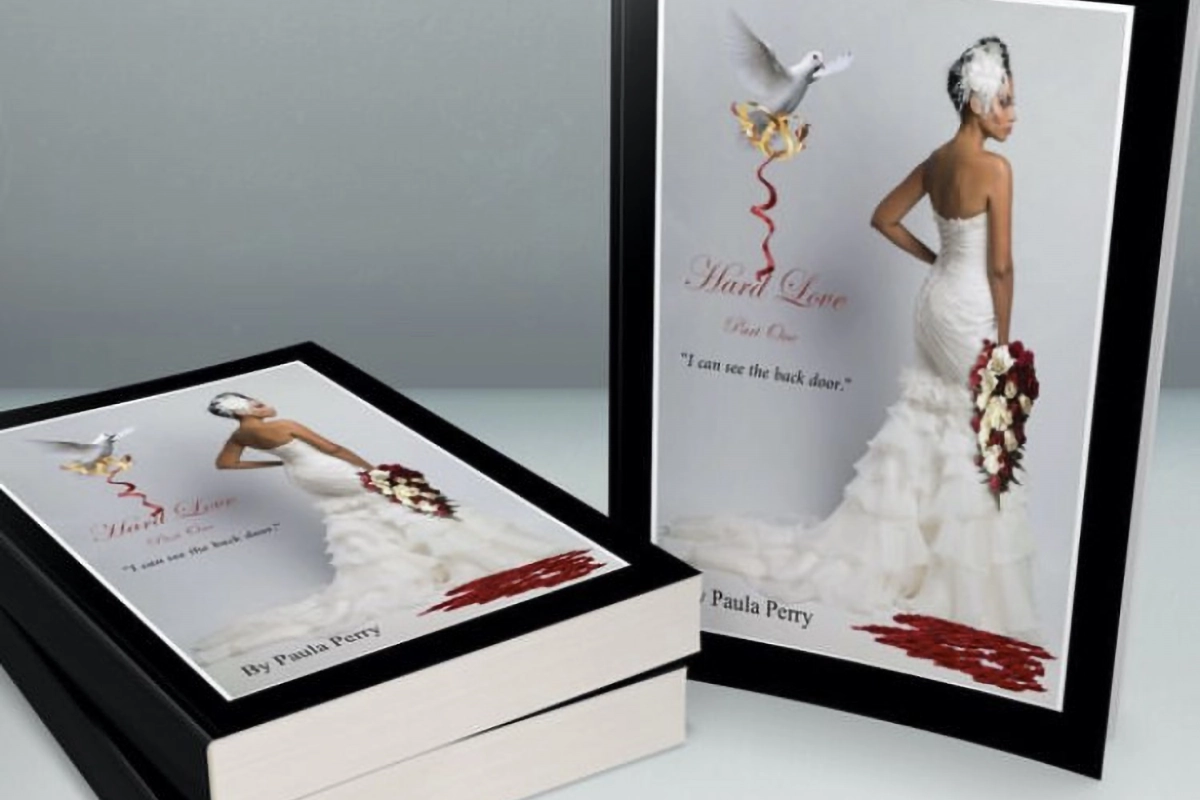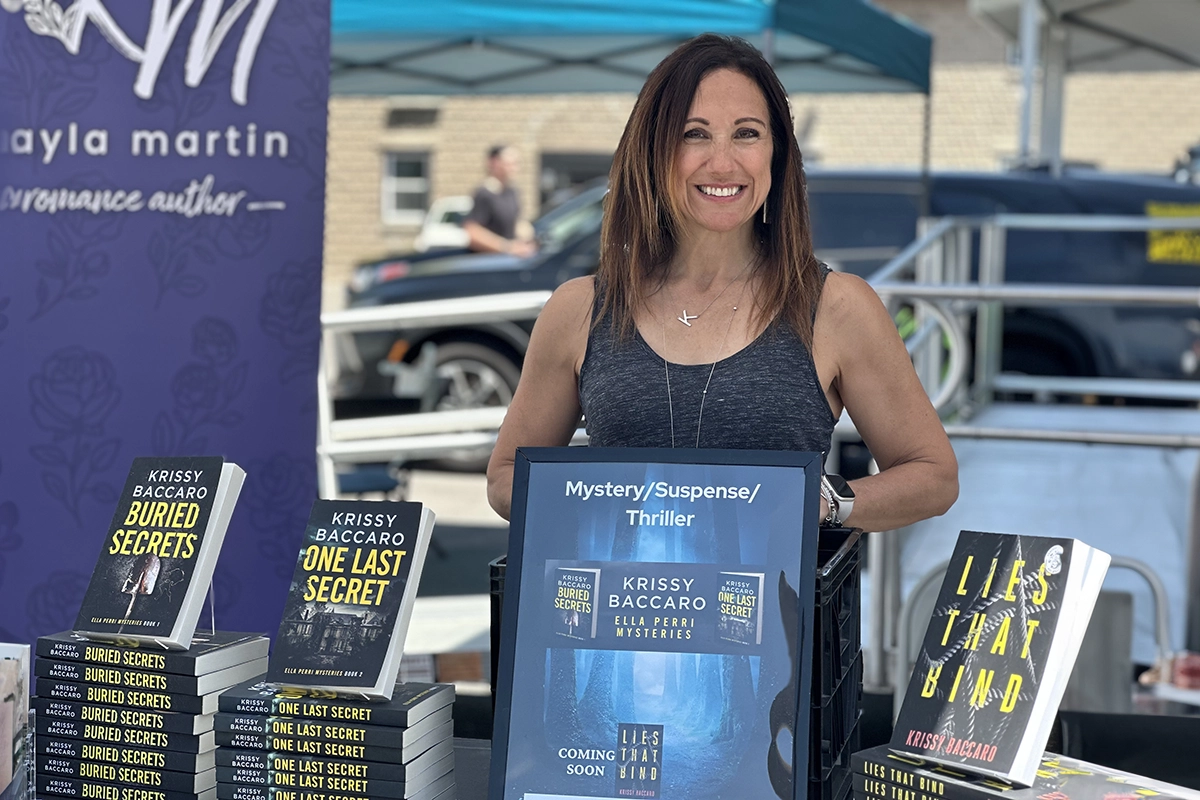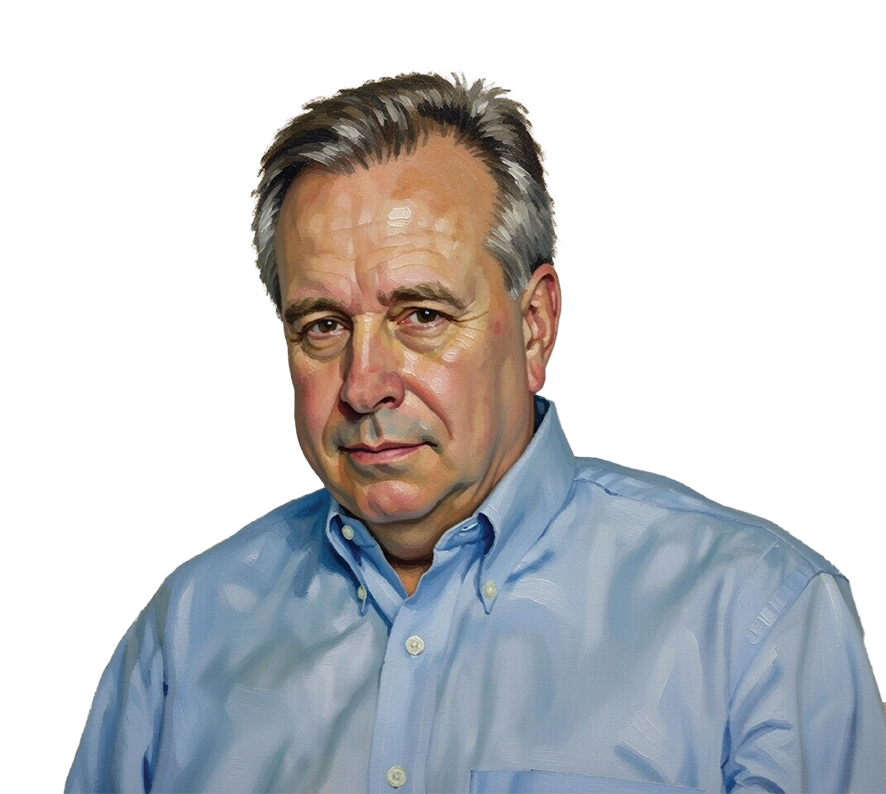Ken Mooney Weaves Mythology, Memoir, And LGBTQ+ Tales Into Emotional And Captivating Worlds
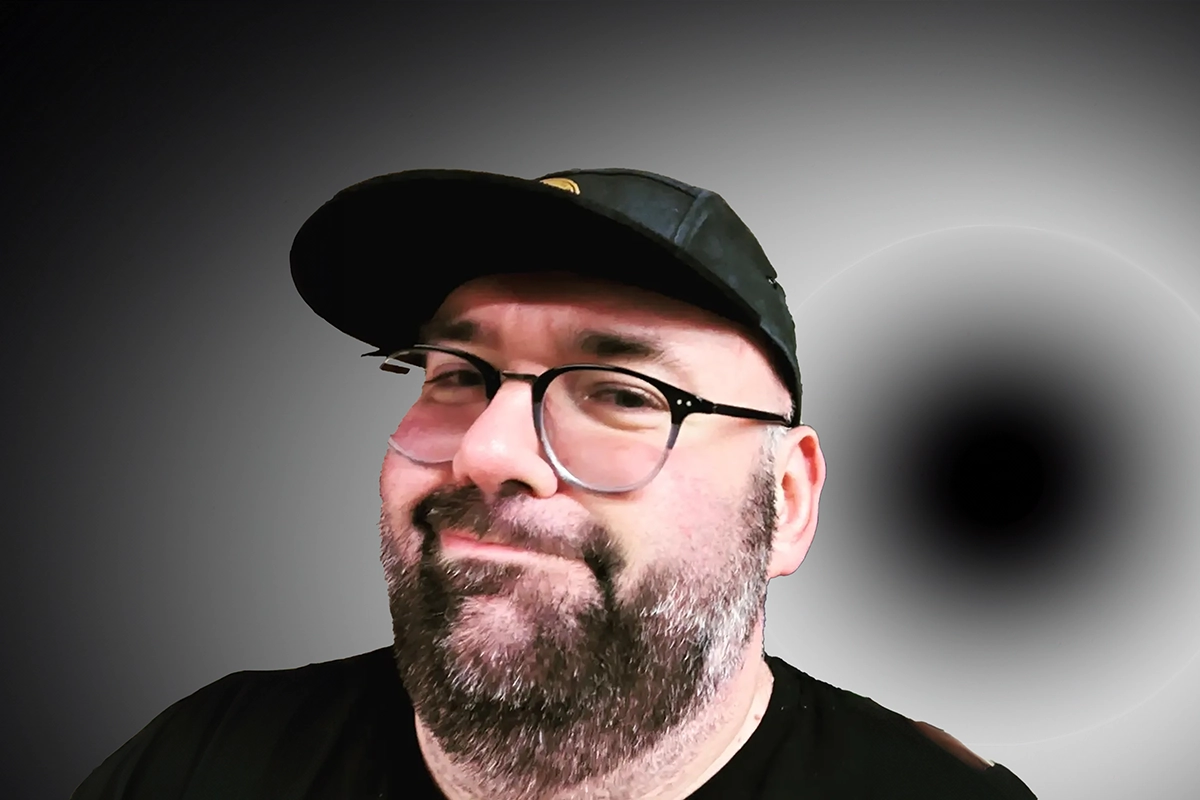
Photo: Ken Mooney, author of mythological fantasy and LGBTQ+ memoirs, brings life, resilience, and identity into captivating literary worlds that inspire readers.
Blending Fantasy, Life, And Identity
Ken Mooney discusses his creative process, mythological fantasy worlds, LGBTQ+ themes, memoir writing, and the personal challenges that inspired his heartfelt and fearless literary legacy in this compelling interview.
Ken Mooney is a dynamic author whose storytelling spans genres, blending mythology, horror, memoir, and LGBTQ+ romance with rare insight and emotional depth. Hailing from Dublin, Ireland, Ken’s works, including The Last Olympiad, The Astrocytoma Diaries, and Apocalypse…Whenever, showcase his ability to craft compelling narratives that balance fantastical worlds with deeply human experiences. From exploring Greek gods in a modern, dark fantasy setting to courageously recounting his battle with a brain tumor, Ken’s stories resonate with themes of grief, identity, chosen family, and resilience.
With a sharp intellect and a fearless creative approach, Ken stands out as a writer unafraid to tackle challenging truths while offering readers hope, reflection, and thrilling escapism. Mosaic Digest magazine proudly spotlights his creative journey, celebrating the rich legacy of an author who continues to redefine genre storytelling for his readers.
Looking back at your childhood fan‑fiction writing at age eight, what lessons did those early stories teach you, and how did they shape your voice as a writer today?
To be honest, I look back at those stories (or rather the idea behind them) and things are very different now. I always loved the supernatural, superheroes – what kid doesn’t ? But I always saw the questions in my head: “What would happen is X did Y?” I think it’s one of the important things that any writer has to consider: even if it’s not there, you should see that situation and wonder how your characters would react.
With an academic background in English Studies and experience in television advertising, how have those worlds influenced your storytelling style and creative process?
Your brain might tell you that the two worlds shouldn’t interact at all – and to an extent, they shouldn’t – but there’s some crossover there. After all, what’s the point of writing your book if you don’t have an idea of how to market it, who your reader is.
That hasn’t influenced my writing, but it has made me embrace the story, and I think it makes me a better writer. And it also meant I have little time for books or writers doing it just to get famous or make money.
You started out as a reviewer before becoming an author. What motivated that shift, and how did reviewing others’ work affect how you approach your own?
I shifted because of a conflict of interests: it wasn’t appropriate to attend a movie premier, write up a review…and then try to deliver an advertising campaign for same.
Godhead my first novel, was a story that had been floating in my head since I was a teenager and when I stepped away from reviewing and the likes, was very natural to go back and give myself the push I needed to get it out into the world.
Your series The Last Olympiad reimagines Greek gods in the modern world through a dark fantasy lens. What inspired you to blend mythology with horror, and what themes did you want to explore most?
I’m a big believer in not forcing a story – that may say more about myself than my work, and it works for me. When I was close to publishing Godhead, there had been some bereavement in the family, and a superhero/horror very naturally turned into a very human story about grief, family – and chosen family too. And when that came out, I couldn’t put it away.
I think fantasy and horror can be frowned on, and usually by people who are very cold, or just don’t get people. To me, all sorts of stories are analyses of the human condition and everything that comes with it….the good stuff and the bad.
You’ve written across diverse genres—from fantasy to memoir to LGBTQ romance. How do you adjust your creative mindset when switching between such different forms of storytelling?
I’ve never looked in depth at my own headspace, more that there’s a story in there that needs to get out – and sometimes those voices are very loud!
For example, The Astrocytoma Diaries is my own of talking about being diagnosed with – and treated for – a brain tumour. There was so much going on that the only way I could deal with it was writing it down – a couple of hundred words allowing me to vent. Publishing was my way of closing off part of that journey – but putting it out there has allowed other people on similar journeys to read and get in touch. It’s an honour that I’ve been able to give people some hope or support, or just know they’re not alone.
Regarding my LGBTQ+ romance, I was teased by a fellow writer to give it a shot, and like my other works, the stories just sort of told themselves when I let them out. Tackling The Issue started as something romantic, but one character was very angry at the world and he just had to let it out. It’s set shortly after the Irish Marriage Referendum of 2015, a time when myself and many others saw a level of support and respect that we would’ve never expected. But in amongst that joy and celebration, there was an anger too, wondering where that open support had been before. And some similar levels of anger, trust – and mistrust – are there in the shorts available in Trust Issues.
Among all your published works, which project do you feel best represents your evolution as a writer, and what makes it a defining moment in your career?
Honestly, I’m probably most proud of Apocalypse…Whenever, a tongue in cheek coffee table book looking at different ways that the world might end. Putting that together was such a journey, a look at stories and truths in the world, be they religion, technology, global warming. It brings everything together for me – horror, fantasy, truths, emotions, and with some gorgeous illustrations from Sarah Cunningham.
It’s like a check-book of everything I love. Gods? Check. Monsters? Check Some gay stuff? Check. It’s a vast difference from some of my other work, but it and Trust Issues are two very quick introductions to Ken Mooney.


